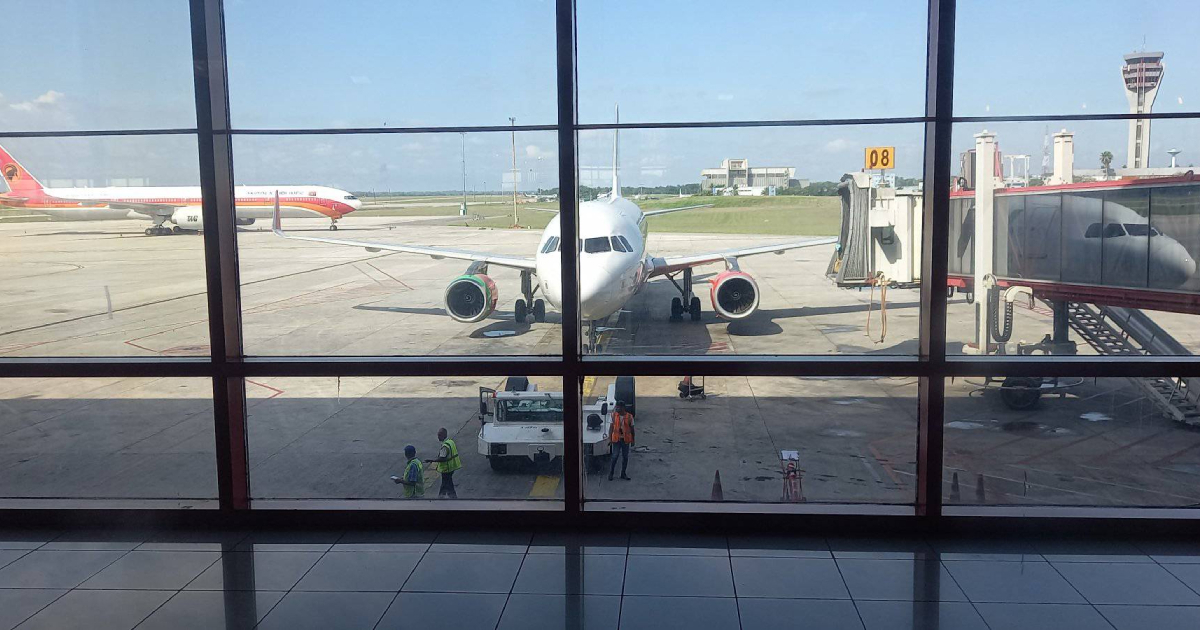
The International Air Transport Association (IATA) signed an agreement with several Latin American airlines with the aim of preventing illegal migration to the United States.
This movement responds to a call from the Department of State, through the Undersecretary for Western Hemisphere Affairs, Brian A. Nichols, who described the agreement as a crucial step in promoting safe and orderly migration.
Among the companies involved are Aerolíneas Argentinas, Bahamasair, Aeroméxico, Avianca, Caribbean Airlines, LATAM, Viva Aerobus, and Volaris.
These airlines, under the Los Angeles Declaration on Migration and Protection, have committed to adapting their operations in accordance with international regulations and to closely cooperate with governments and international entities to address the issue of irregular migration.
The agreement, arising from the Ministerial Meeting of the Americas held last week in Guatemala, has been the catalyst for member states in the hemisphere to implement stricter policies on migration issues.
This includes the possibility of imposing fines and visa restrictions on airlines that fail to properly control the use of their travel networks for unauthorized migrations.
This Wednesday, the U.S. Treasury Department said it imposed sanctions in response to the ongoing repression of the Nicaraguan people and the exploitation of vulnerable migrants by the Ortega-Murillo regime, including facilitating and benefiting from irregular migration to the United States.
A few days ago, an airplane from Conviasa made headlines in the international press as it flew from Managua to Caracas with only one passenger.
Many users on social media pointed out how the migration route through Nicaragua is one of the most popular and costly by plane. On the way back, the aircraft are almost empty, but the flights are often scheduled regularly, indicating that they are profitable for the mentioned company.
In recent months, the U.S. government has intensified actions to combat illegal migration, announcing that they will impose sanctions on charter flight operators that facilitate these types of movements.
These measures have had a direct impact on the reduction of flights connecting destinations such as Cuba and Nicaragua, frequently used by migrants to reach the United States.
As airlines adapt to new requirements, migration in Latin America continues to evolve, putting to the test the ability of governments and companies to manage their borders effectively and humanely.